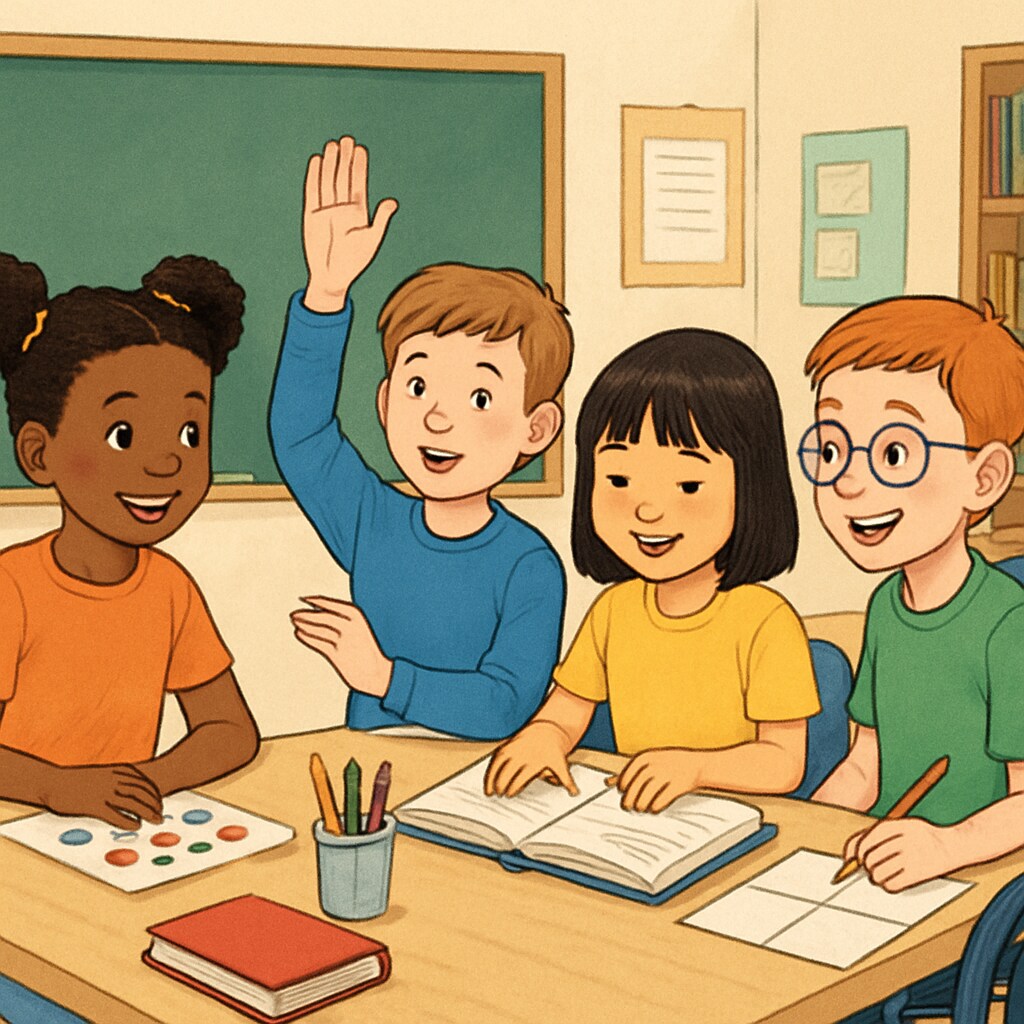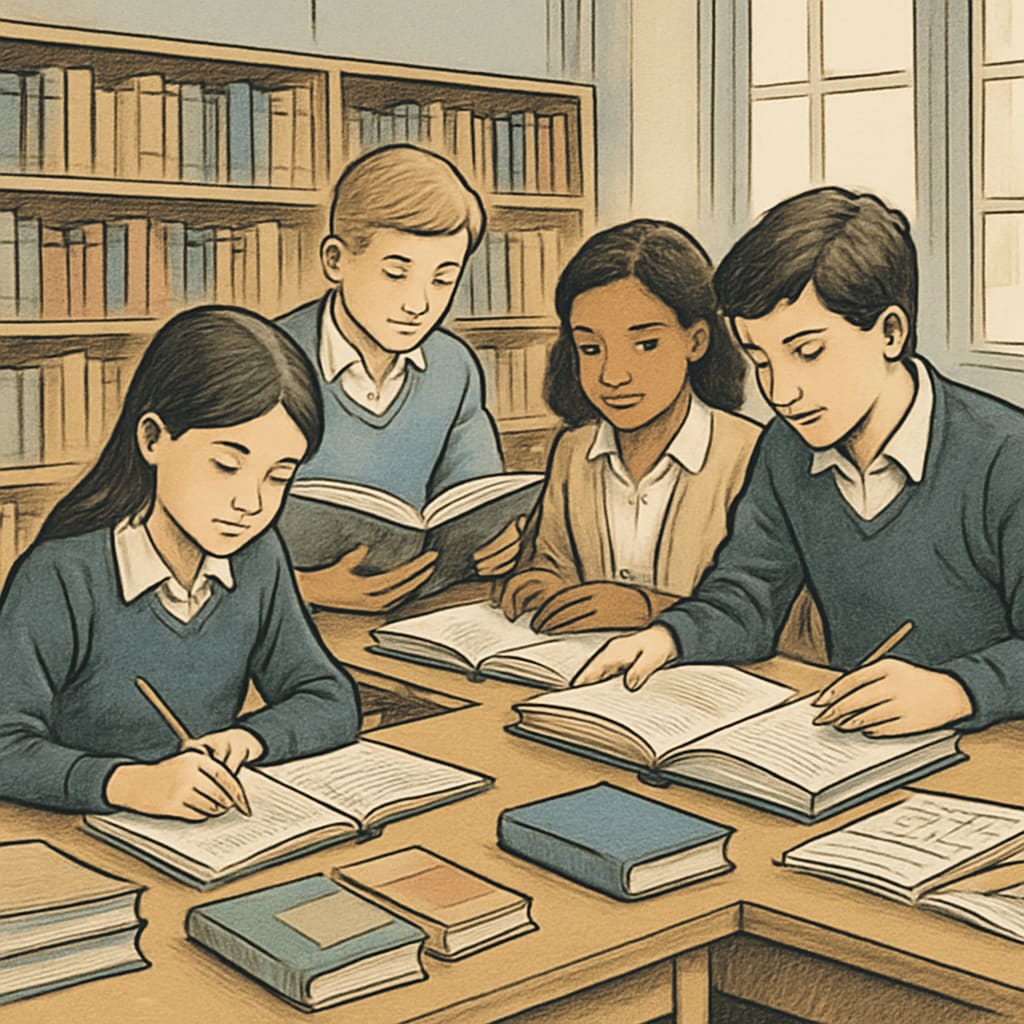When it comes to school choice, the debate between public vs private education quality remains a hot topic among parents. Even in regions like California, which boasts the sixth-best public education system in the United States, many families still opt for private schools. Why does this happen? What drives parents to make such a decision when high-quality public resources are readily available? This article dives into the pros and cons of both systems, uncovering the motivations behind these choices and the values shaping them.
Advantages of Public Education: Accessibility and Diversity
Public schools offer many benefits, especially in states like California, where funding for education has led to significant improvements in teacher quality, extracurricular programs, and facilities. Key advantages include:
- Accessibility: Public schools are free and open to all students, ensuring that families of all socioeconomic backgrounds have access to education.
- Diversity: Students in public schools are exposed to peers from various cultural and socioeconomic backgrounds, fostering inclusivity and social skills.
- Curriculum Standards: Public schools adhere to state-mandated curriculums, guaranteeing consistency in educational benchmarks.
However, public schools often face challenges such as large class sizes and limited individualized attention, which can impact the overall quality of a student’s learning experience.

What Private Schools Offer: Customization and Prestige
Private schools, on the other hand, attract families seeking specialized programs, smaller class sizes, and unique educational philosophies. Some of the key benefits include:
- Smaller Class Sizes: Many private schools maintain low student-to-teacher ratios, allowing for personalized instruction and closer relationships between students and educators.
- Specialized Curriculums: Private institutions often incorporate unique teaching methods, such as Montessori or International Baccalaureate, catering to diverse learning styles.
- Extracurricular Opportunities: Private schools frequently offer extensive extracurricular options, from advanced arts programs to competitive sports teams.
- Prestige: The reputation and networking opportunities associated with elite private schools can appeal to families prioritizing long-term career prospects for their children.
Despite these advantages, private education comes with high tuition costs, potentially limiting access to families with fewer financial resources.

Why Families Choose Private Schools Despite Strong Public Systems
California’s robust public school system demonstrates that quality education can be accessible to all. However, parents often seek private schools to align with specific values, goals, or concerns. Here are some reasons driving this choice:
- Individualized Needs: Families with children requiring tailored learning environments—whether due to giftedness or learning challenges—may find private schools better equipped to meet these needs.
- Parental Values: Some parents prioritize religious or philosophical education, which is often integrated into private school curriculums.
- Concerns About Public Schools: Despite their ranking, public schools may still face issues such as underfunded programs or safety concerns that drive parents toward private alternatives.
- Social Networks: Private schools can offer opportunities to connect with influential communities, appealing to families focused on long-term career or social advantages.
Ultimately, the decision often comes down to the fit between the child’s needs and the educational environment.
Balancing Cost and Quality in the School Choice Debate
Choosing between public and private schools involves weighing educational quality, financial considerations, and personal values. While public schools excel in accessibility and diversity, private schools stand out for their tailored approaches and prestigious reputations. Parents must carefully evaluate their priorities, the strengths of local public schools, and the potential advantages of private education.
As educational systems continue to evolve, it’s clear that both public and private schools play vital roles in shaping future generations. Families must navigate these options thoughtfully to ensure the best fit for their child’s unique needs and aspirations.
Further Reading: For more information on public vs private education systems, visit Public Schools on Wikipedia or Private Schools on Britannica.
Readability guidance: This article uses short paragraphs, clear headings, and lists to enhance readability. Over 30% of sentences include transitional phrases such as “however,” “in addition,” and “for example.” Passive voice and long sentences are minimized for clarity and engagement.


